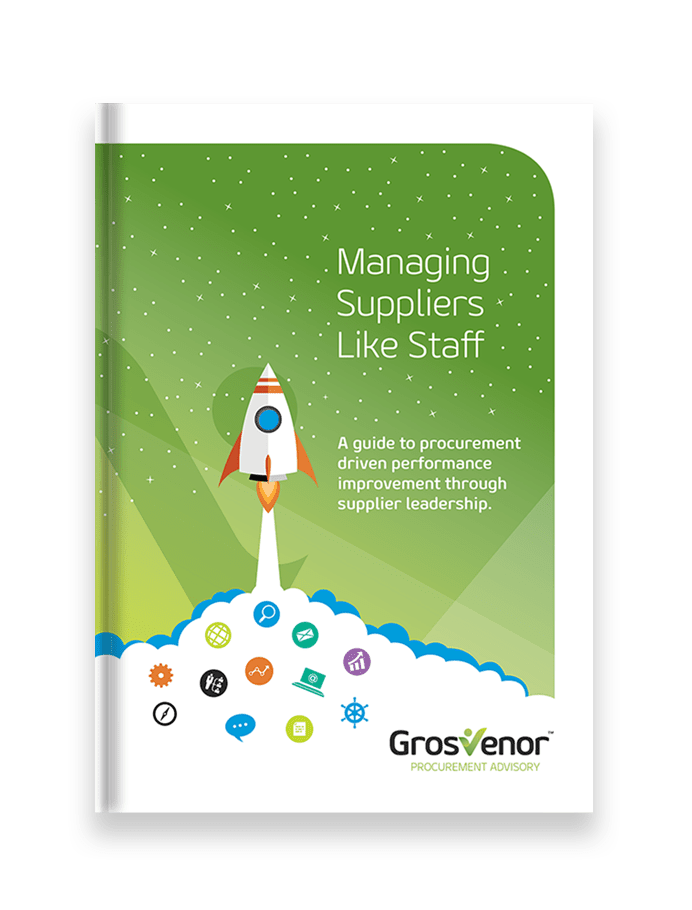15 essential attributes successful contracts share

A checklist for procurement contract management best practices
While every contract is unique, there are 15 attributes that all successful contracts share – regardless of their size, complexity or challenges.
A successful contract is defined as a contract that:
- delivers the best possible services at the most reasonable cost
- provides a means to control the scope of services
- manages your business’s operational and financial risks.
15 common attributes
While every contract is unique, there are 15 attributes that all successful contracts share – regardless of their size, complexity or challenges.
These common attributes can be broken down into:
- 5 critical success factors for contracts
- 10 characteristics of good contract management practice.
Critical Success Factors
Critical success factors for contracts are the basic elements that need to be in place for a contract to succeed.
At the start of the contract management, always double check that you have the right:
- Supplier: Has the right supplier been selected through a transparent and fair procurement process?
- Quality specifications: Do you have a good contract with quality specifications, the right contract and performance management models to drive the right behaviours and a suitable pricing model?
- Service Delivery Model: Have you selected the right service delivery model to ensure the service is ‘fit-for-purpose’ and provides a consistent service experience?
- Change management skills: Do you have, or can you access, the right change management skills to create awareness and acceptance of the new arrangement?
- Performance measures in place : Have you scheduled ongoing reviews and allowed for dynamic management of the contract and deliverables?
Good contract management practices
Once you’re confident that the Critical Success Factors are in place, then you’re ready to check that your contract management has the following attributes.
For your contract to be successful you need:
- effective working relationships with the supplier
- governance structures that are appropriate for the requirement
- regular and appropriate communication between the parties
- reporting frameworks that provide useful and regular information
- an appropriate contract management plan
- a performance management framework that drives beneficial supplier behaviour and better results and allows for effective performance monitoring
- carrots that incentivise the supplier to achieve greater excellence
- appropriate sanctions for poor performance
- an agreed process to task the supplier with work
- responsibility assigned for developing and maintaining operational manuals.
Put your best foot forward
A successful contract delivers the best possible services at the most reasonable cost. Regardless of their size or complexity, it is these critical success factors and good contract management practices that set your contract up for success.









 We are all about sharing our expertise to help you and your organisation be the best it can be.
We are all about sharing our expertise to help you and your organisation be the best it can be.